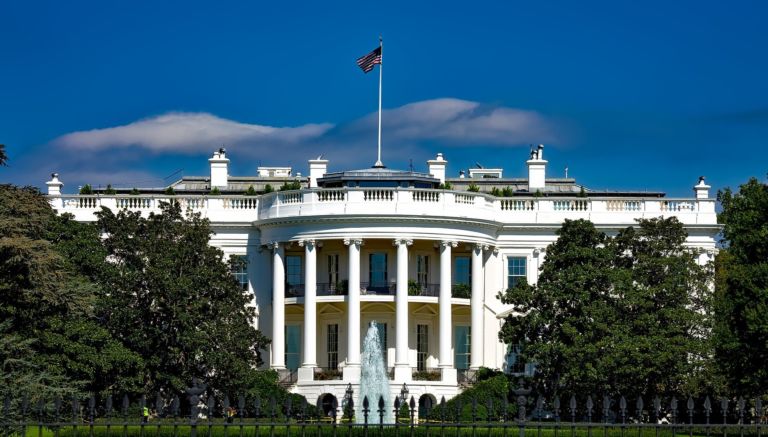Adam White writes for the Yale Journal on Regulation about problems linked to Chevron deference.
When the Supreme Court met last week to reconsider judicial deference to agencies’ legal interpretations, the justices grappled with one of the most unsettling qualities of modern government: sweeping policy changes from one administration to the next, which create immense regulatory uncertainty.
Chevron deference “ushers in shocks to the system every four or eight years when a new administration comes in,” Justice Brett Kavanaugh said, “from pillar to post.” Far from creating a body of law that people can rely on, he continued, Chevron fosters “massive change … not stability.” Justice Neil Gorsuch pressed the point, too: the Court’s modern deference doctrine “is a recipe for instability,” because “each new administration can come in and undo the work of a prior one.”
They’re right. The administrative state’s ruinous instability is one of the worst vices of modern American government. But it is not just a novel problem of modern politics. The justices are gravitating toward one of the most important themes of our nation’s founding: the fundamental need for “steady administration.”
It was central to The Federalist’s argument for the constitutional presidency. …
… [T]oo much of our history has undermined steady administration, bringing us to an era when government is defined by whiplash-inducing legal changes from one president to the next. Today’s style of government, where presidential elections are “everything elections” and each one feels like a regime change is, frankly, Hamilton’s nightmare.
Chevron deference contributed to this decline. As the justices emphasized throughout last week’s hours of oral argument, Chevron expanded each new presidential administration’s policymaking discretion. It was, to be fair, well-intentioned: after decades of judicial micromanagement of presidential regulatory reforms, the Chevron Court concluded that Congress’s broad delegations of power to the executive branch were best managed by elected presidents, not unelected judges. Justice Antonin Scalia, Chevron’s wisest and most eloquent defender, argued that judicial deference to an administration’s reasonable interpretation of a truly vague statute would “permit needed flexibility, and appropriate political participation, in the administrative process.” The best remedy for a bad policy would be the next election’s good changes.
But even Scalia knew that you can have too much of a good thing.

